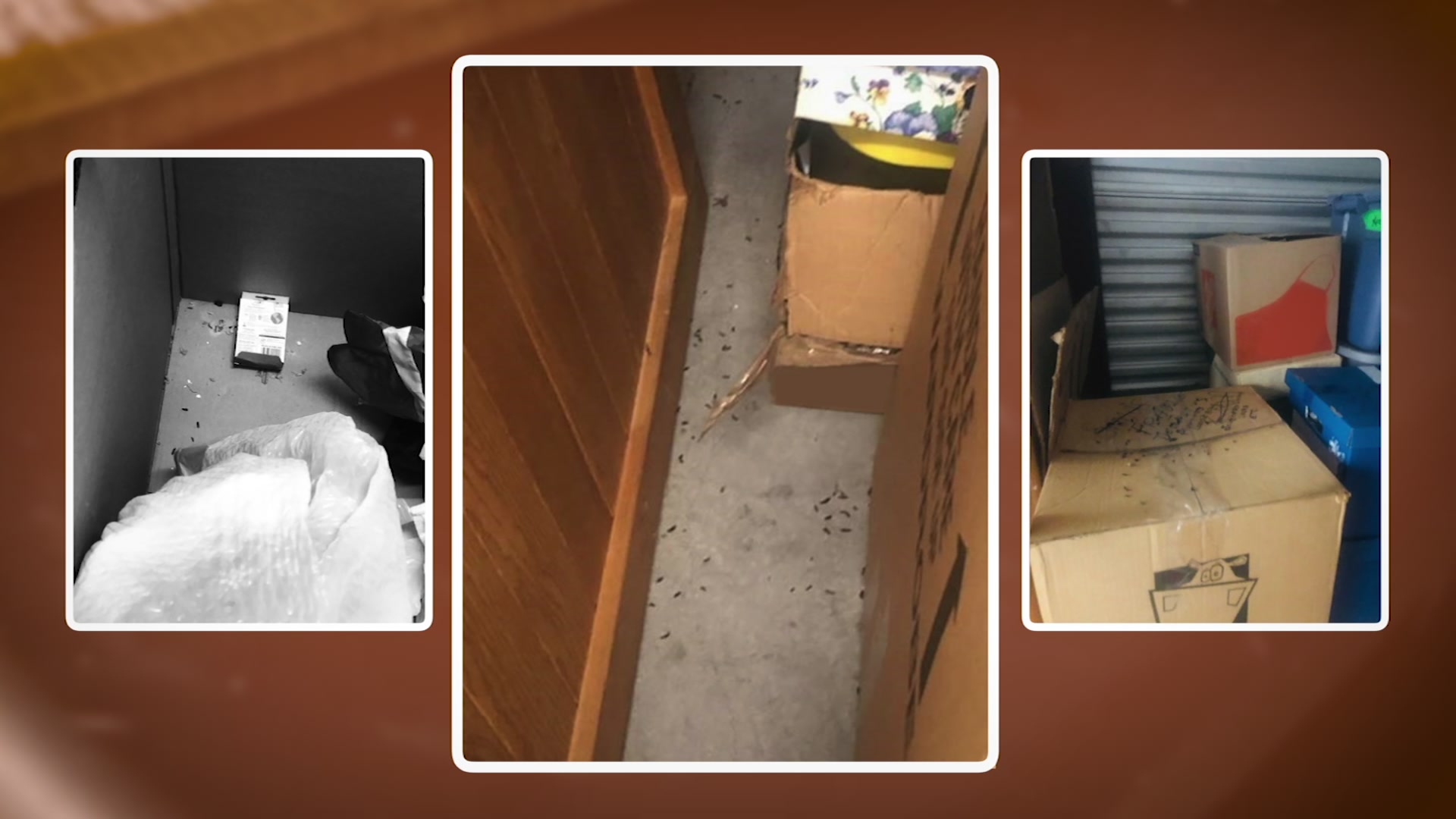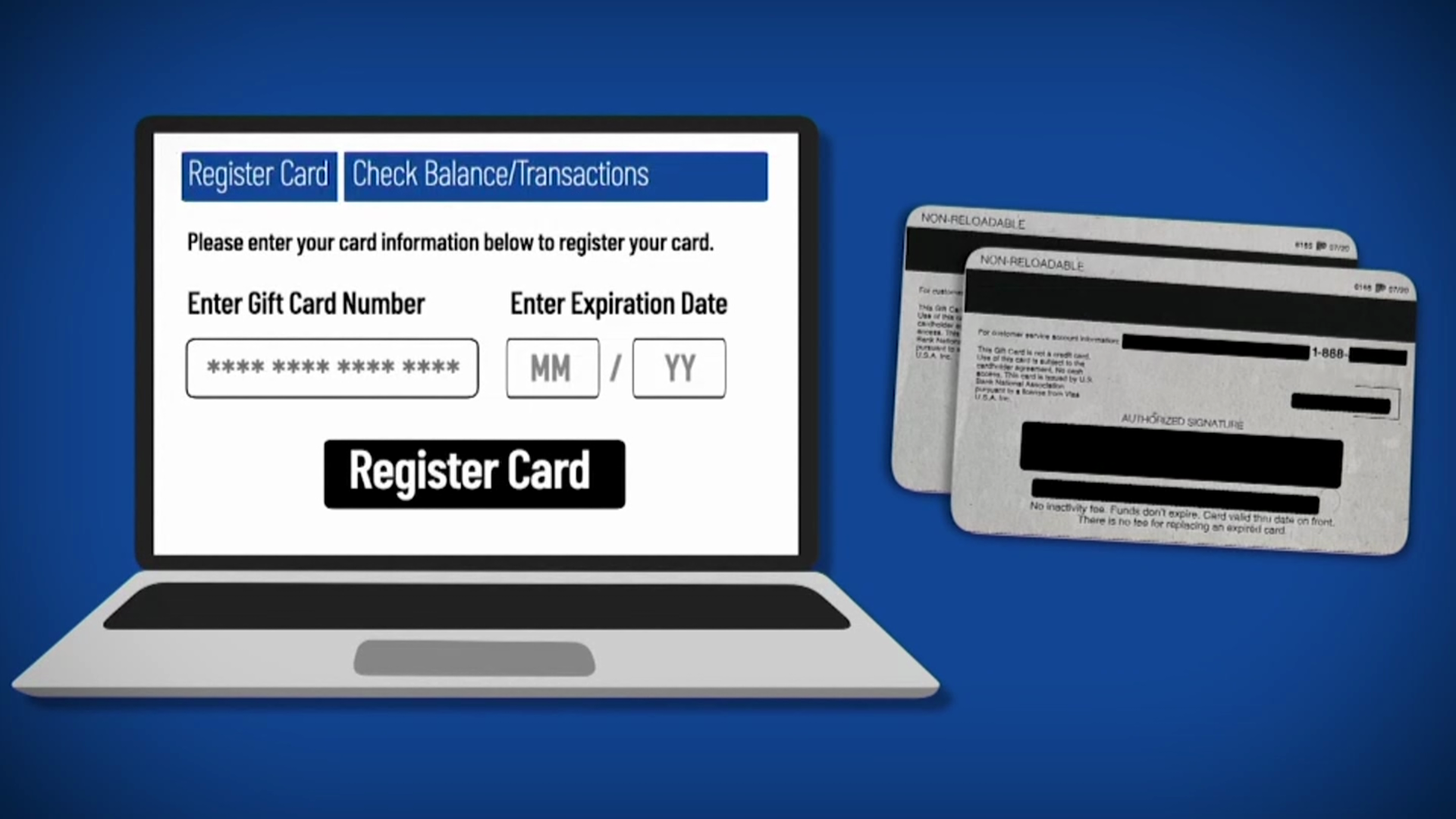They thought they were talking to their bank, but North Texas consumers tell NBC 5 Responds they are out thousands of dollars.
Read on to learn more about the scam and why consumer advocates say more could be done to make consumers whole.
“I THOUGHT IT WOULD BE SAFE”
Jay Lewis of Sherman said he was skeptical when his phone rang around 9 p.m. The caller ID showed the name of his bank and its customer service phone number.
Get DFW local news, weather forecasts and entertainment stories to your inbox. Sign up for NBC DFW newsletters.
“This guy told me that he was with the fraud department,” Lewis recalled.
Lewis said he fired off a list of questions, asking the caller for his name, badge number, location. Each time, Lewis said the caller had a legitimate-sounding answer ready.
“If there's anybody that's going to double-check everything, I'm the man,” said Lewis.
The caller convinced Lewis his bank account was compromised and he needed to move money out, using Zelle, a peer-to-peer payment service owned by his bank and a consortium of six other large banks. It allows customers to send money instantly using an email address or phone number.
When Lewis eventually sent the money, he said he heard a celebration break out on the other end of the phone line.
“Immediately after the funds had hit, it was like a group of guys were in the back hollering, ‘I can't believe you took it. You know, man, we almost lost you,’” Lewis told NBC 5 Responds.
Jennifer Wade of Dallas reported a similar story. Someone called her after she responded to a text that looked like a fraud alert from her bank.
“'Did you authorize a $2,000 transfer?' I replied quickly, 'no,'” said Wade.
Then, her phone rang. The caller said he was with Wade’s bank and wanted to confirm if she was spending money out of state.
“He said, ‘You’re not in Atlanta, Georgia?’ I said, ‘No, absolutely not. I’m home in Dallas,’” Wade told NBC 5 Responds.
The also caller convinced Wade a stranger had access to her account and she needed to move money out of the account via Zelle.
“I thought it was strange to move my money with Zelle, but it was within my own bank's app. I thought it would be safe,” Wade said.
Wade lost just over $3,000. Lewis was out $3,500.
“ALMOST NO PROTECTION IF YOU WERE SCAMMED”
Lewis and Wade said they disputed the transfers with their bank.
Wade said Wells Fargo denied her claim. In a letter to Lewis, Wells Fargo said it notified Zelle and the financial institution that received the money. It pointed out there’s no guarantee the funds could be returned.
Wells Fargo told NBC 5 Responds it can’t discuss specific customers due to privacy. When it’s notified about a scam, it has an investigative process and works with other financial institutions and law enforcement in an effort to track down suspects and try to recover funds.
Wells Fargo also wrote, “We are actively working to raise awareness of common scams and to remind customers that Zelle transfers are immediate, and should be treated just like cash. At the same time, we continue to update and strengthen our practices and procedures for combatting and helping prevent scams.”
Early Warning Services, the network operator of Zelle, told NBC 5 Responds, in part, “Zelle doesn’t offer a protection program for unauthorized payments, so only use Zelle to pay people you know and trust.”
It also said, “Part of our commitment is to inform and remind consumers that their bank or credit union will never call, email or text them to ask for sensitive information. They would not ask customers to transfer funds between accounts to prevent fraud. We do this through several communications initiatives—specifically partnerships and marketing.”
Lauren Saunders, Associate Director at the National Consumer Law Center told NBC 5 Responds, “Right now, we have inadequate and really almost no protection if you were scammed into sending money.”
Saunders explains that under federal law, consumers are protected from unauthorized charges.
The definition of unauthorized is key.
According to regulatory guidance from the Consumer Financial Protection Bureau, if the scammer is the one who initiates the transaction by getting online access to the bank account, that’s unauthorized and the consumer should be reimbursed.
Saunders said if the consumer initiated the transaction, even if they were tricked, it’s generally considered an authorized money transfer.
“It's a different situation if you actually send the money. So, the question is whether you sent the money or whether the scammer hacked into your account and they took the money,” said Saunders.
Saunders said the National Consumer Law Center is calling for changes to the rule to allow more consumers to be reimbursed.
“People should be able to contest a charge, whether it was hacked out of their account or whether they were defrauded into sending money,” said Saunders.
John Breyault, Vice President for Public Policy, Telecommunications and Fraud at the National Consumers League said, “I think it's wrong to expect consumers to be the ones to detect the fraud, number one. Number two, to shoulder the liability when fraud does happen.”
Breyault explained criminals have evolved to make the scam tougher to spot, often using a small amount of information about the consumer to gain their trust. Information that could come from public sites, data breaches or both.
“The information about who you bank with is probably an open secret on the dark web,” said Breyault.
HOW TO SPOT A SCAM
If someone calls and claims to work with your bank, hang up the phone and call the number on the back of your debit or credit card.
Wells Fargo shared the following to help consumers avoid a scam:
- Do not share your PIN, passcode, text message code, or any other access information to your accounts with anyone who requests it.
- Know that Wells Fargo will never ask you to send money to anyone, including yourself, to "reverse a transfer," "receive a refund," or anything similar.
- Don't rely on caller ID. Scammers can make calls and texts look like they're coming from Wells Fargo.
- If you feel uncomfortable or suspicious with any request you receive by phone, text, or email, hang up or don't respond. Reach out directly on our website or phone number, found on the back of your debit or credit card or statement.
Zelle said it reminds consumers to only send money to those you know and trust. Treat Zelle like cash; always double-check the recipient’s correct U.S. mobile number or email address, so the money goes to the right person.
We reached out to the American Bankers Association about these types of scams and the call from some consumer groups to reimburse customers tricked into transferring money to a criminal.
It told us, in part, “Unfortunately, phishing scams are on the rise and the fraudsters are more sophisticated than ever. If you receive a call, text or email asking for account information or urging you to send money, remember that banks never ask that.”
HOW TO REPORT A SCAM
If you believe you were scammed, the FTC says start by contacting the company or bank that issued the credit card or debit card to report the fraudulent charge. It may be too late to reverse it, but ask them to get your money back.
You can also report the scam to the FTC https://reportfraud.ftc.gov/#/ and the Texas Office of the Attorney General.
The FTC offers additional steps.
Lewis and Wade both said the people who called them were convincing.
“Everything was just perfect. These guys were good,” said Lewis.
Wade said, “It sounded 100% legit.”
They said they wanted to share their stories so others can protect themselves.
NBC 5 Responds is committed to researching your concerns and recovering your money. Our goal is to get you answers and, if possible, solutions and a resolution. Call us at 844-5RESPND (844-573-7763) or fill out our customer complaint form.
Get DFW local news, weather forecasts and entertainment stories to your inbox. Sign up for NBC DFW newsletters.



